Derms and Facialists Cringe When People With Oily Skin Make This Common Mistake
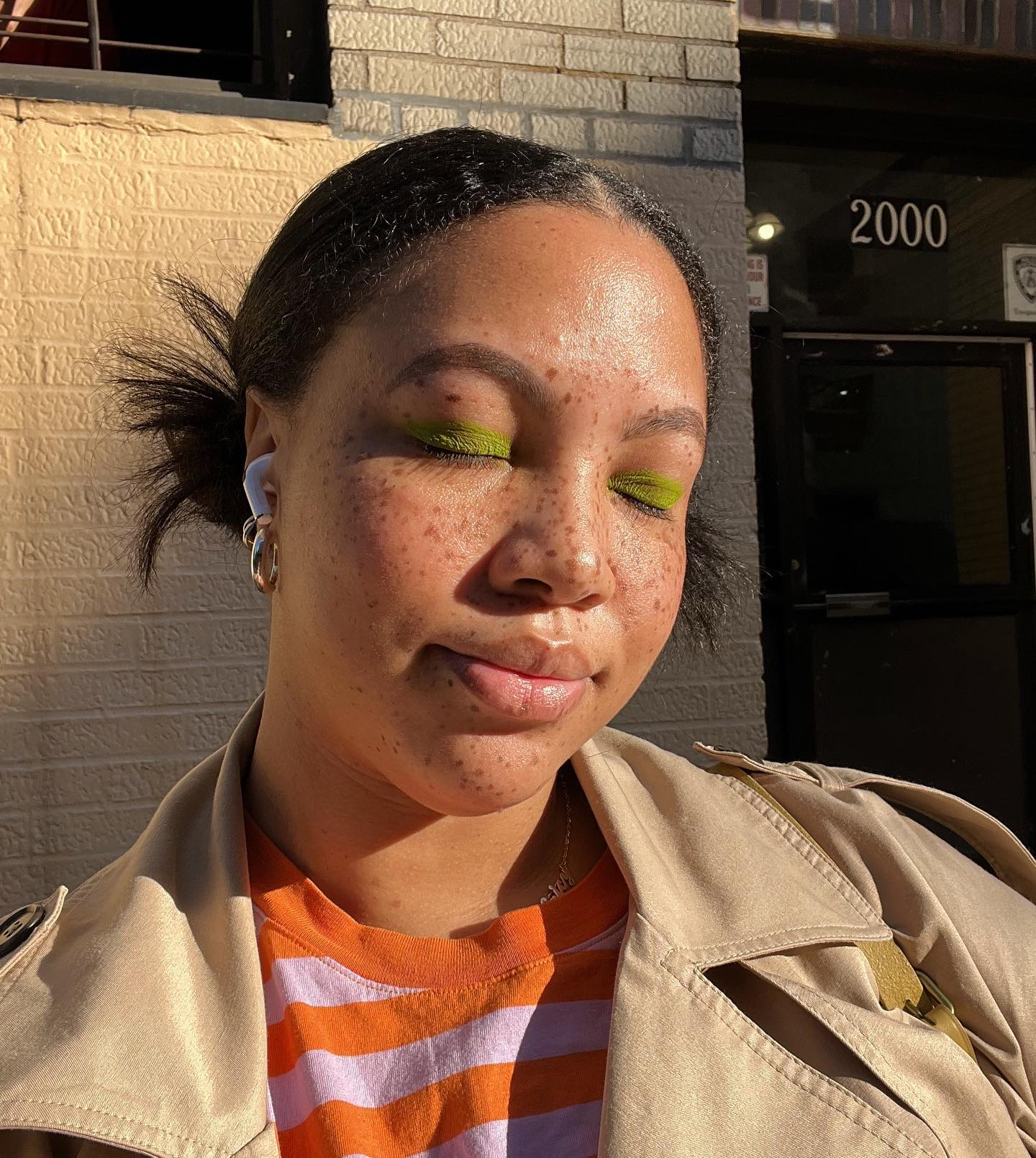
I'm a big advocate for appreciating the skin you're in, but I also fully understand how frustrating it can be to deal with oily or acne-prone skin. One minute, your fresh face of makeup can look perfectly matte; the next, it's a total oil slick. One day your face is perfectly clear; the next, three new invaders have crept in. Major ugh.
Although dealing with both of these things can be a pain, there's one common misconception about oily skin that needs to be cleared up, like, yesterday. You may think that because you're oily or acne-prone you don't need hydration or should continue to dry out your skin with harsh products. This is absolutely false. Ask any dermatologist or facialist—in fact, they will probably tell you that your skin actually needs more hydration.
Unfortunately, I had to learn this the hard way and am still dealing with the damage I did to my skin drying it out all those years, but you'd be surprised what a little extra moisture can fix in just a short period of time. So even if you have oily skin, trust me, there's a moisturizer out there for you that will provide the right amount of hydration without making your skin even oilier. Derms can back me up on this. If you could use a little help choosing a moisturizer for oily skin, keep reading. I've asked two dermatologists to weigh in and included a few of my own favorites. There's something for every budget.
How to Choose the Right Moisturizer for Oily Skin
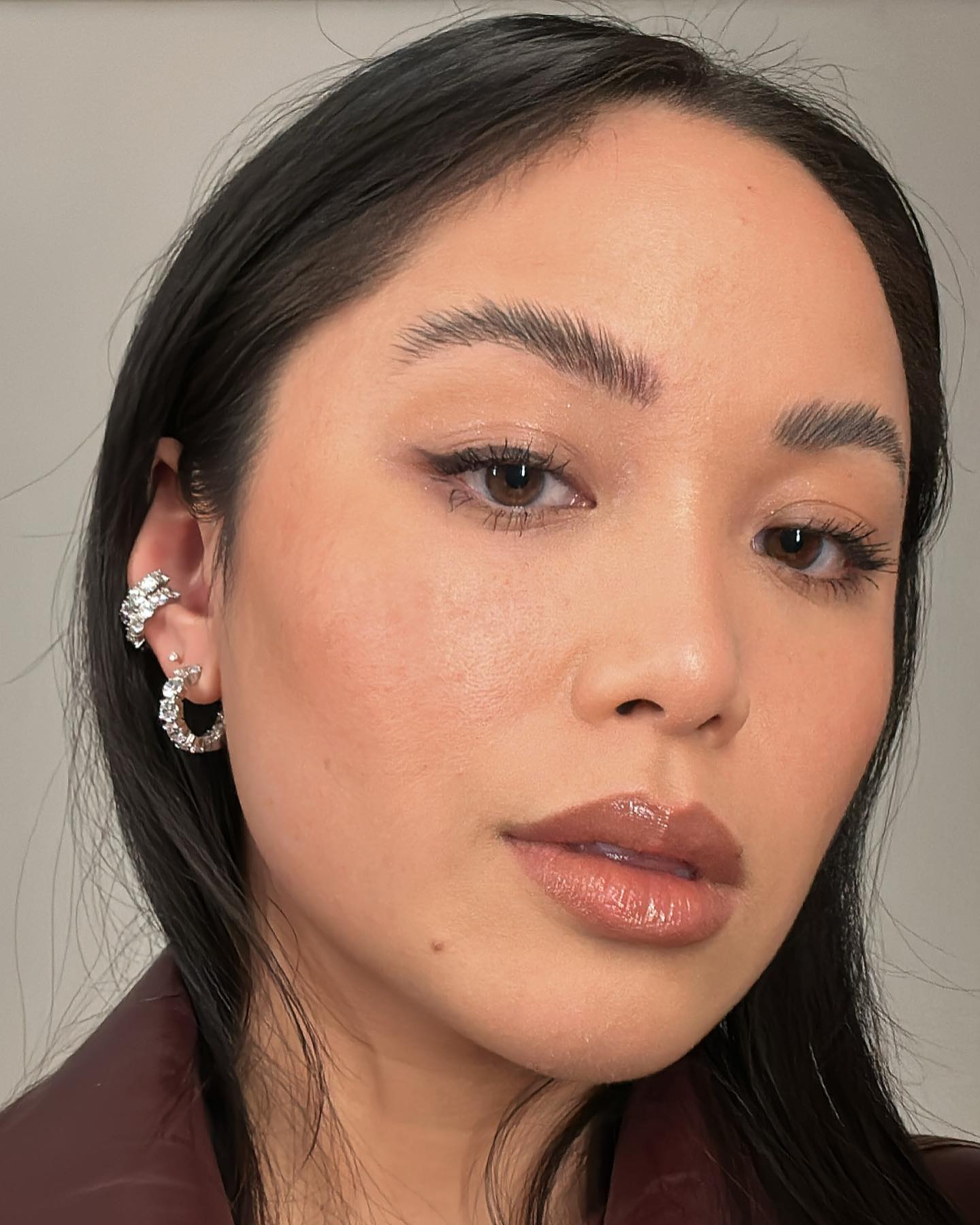
Derms first want you to know why your skin is oily. There are quite a few reasons, but board-certified dermatologist Lauren Penzi, MD, explains it perfectly. "Our skin naturally produces sebum/oil for beneficial reasons," she says. "Oil helps preserve the skin, and people with oily skin tend to have thicker skin and fewer wrinkles. On the other hand, people with oily skin do tend to have larger pores and are more acne-prone. The key is to strike a balance between having too much oil and maintaining your skin’s natural moisture. Oil production is largely based on genetics, as well as hormones (think increase in oil production when going through puberty and decrease in oil production when going through menopause). Environment also dictates how much oil we make, with those in drier climates making less oil and those in warmer/humid climates making more oil. Our skincare practices also contribute to oil production. For example, if you over-wash or over-exfoliate your skin, it will actually increase oil production to compensate."
Board-certified dermatologist Marisa Garshick, MD, also has a few pointers for choosing a moisturizer if you have oily skin. "Those with oily skin should opt for lightweight moisturizers that are noncomedogenic and won't clog the pores," she says. "Some moisturizers for oily skin may contain a small amount of salicylic acid, as this may help to reduce excess oil."

Penzi also says ingredients like ceramides, hyaluronic acid, and niacinamide are key. "Ceramides are naturally occurring lipids found in the outer skin barrier that help to retain moisture. They keep your skin moisturized and prevent overproduction of sebum and oil. Hyaluronic acid is a humectant that helps absorb and maintain moisture in the skin. Similar to ceramides, it keeps your skin moisturized and prevents overproduction of sebum/oil. Niacinamide is a form of vitamin B3, which has natural anti-inflammatory properties that help to calm skin. It has helps to strengthen the skin barrier, and also helps with hyperpigmentation and overall brightness. Topical formulations [with it] have been shown to decrease sebum/oil production," she explains.
Both also agree that heavier, pore-clogging ingredients like coconut oil should be avoided along with fragrance and alcohol. "Avoid harsh ingredients like fragrance or alcohol that can skin strip the skin of its natural oil and cause worsening oil production for compensation and breakouts," says Penzi. "Also avoid products that do not say 'noncomedogenic,' as these can clog the pores and lead to breakouts. For example, products with mineral oil, coconut oil, etc., should not be used."
With this in mind, find both of their moisturizer recommendations for oily skin below along with a few of my own favorites.
The Best Moisturizers for Oily Skin
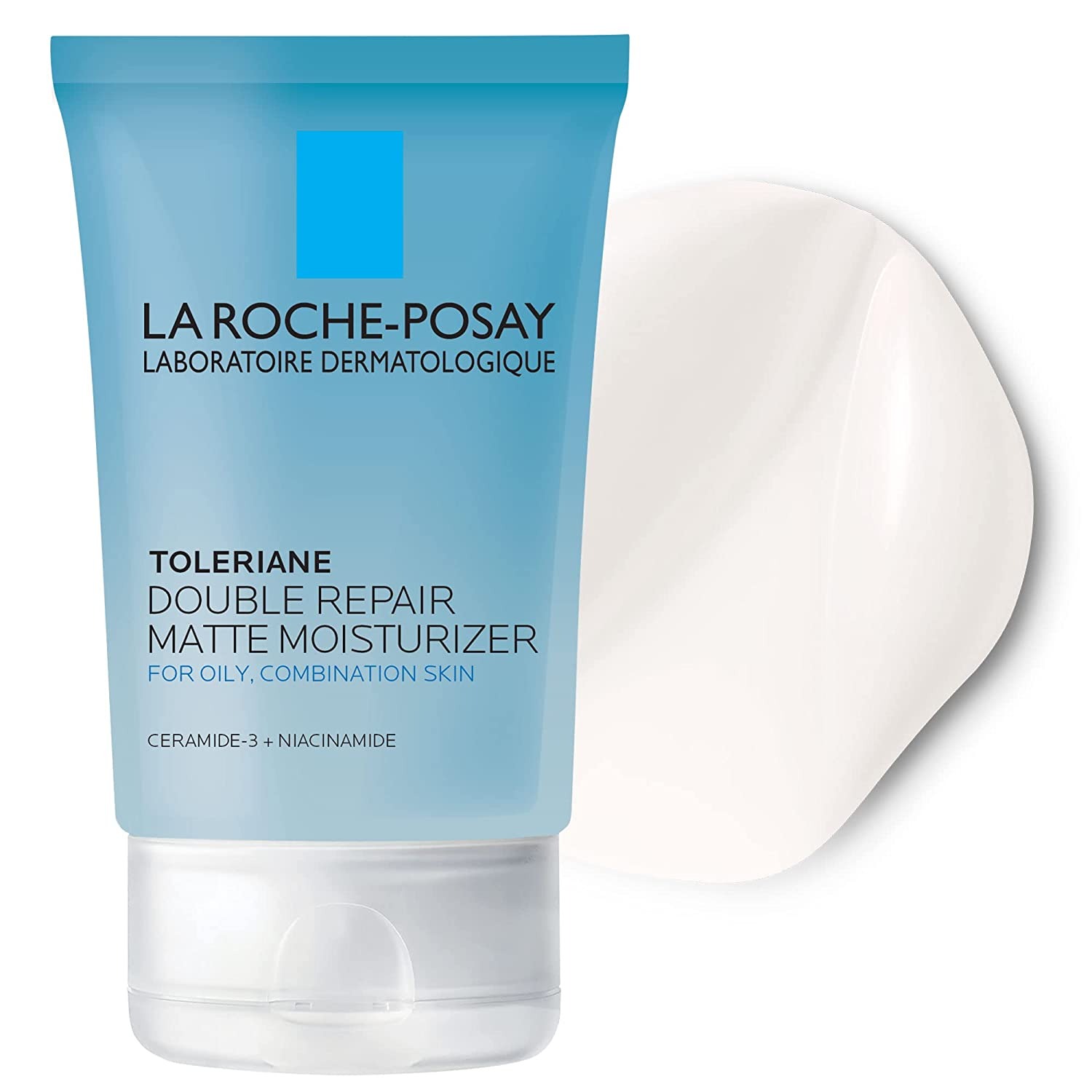
Penzi and Garshick both recommend this matte version of La Roche-Posay's cult-loved Double Repair Cream.
"This lightweight gel helps to replenish moisture without leaving the skin looking shiny and while also working to repair the skin barrier. It contains a combination of ceramides to help strengthen the skin barrier and niacinamide to soothe the skin. While especially helpful for those with oily skin, it is still suitable for those with sensitive skin." — Garshick
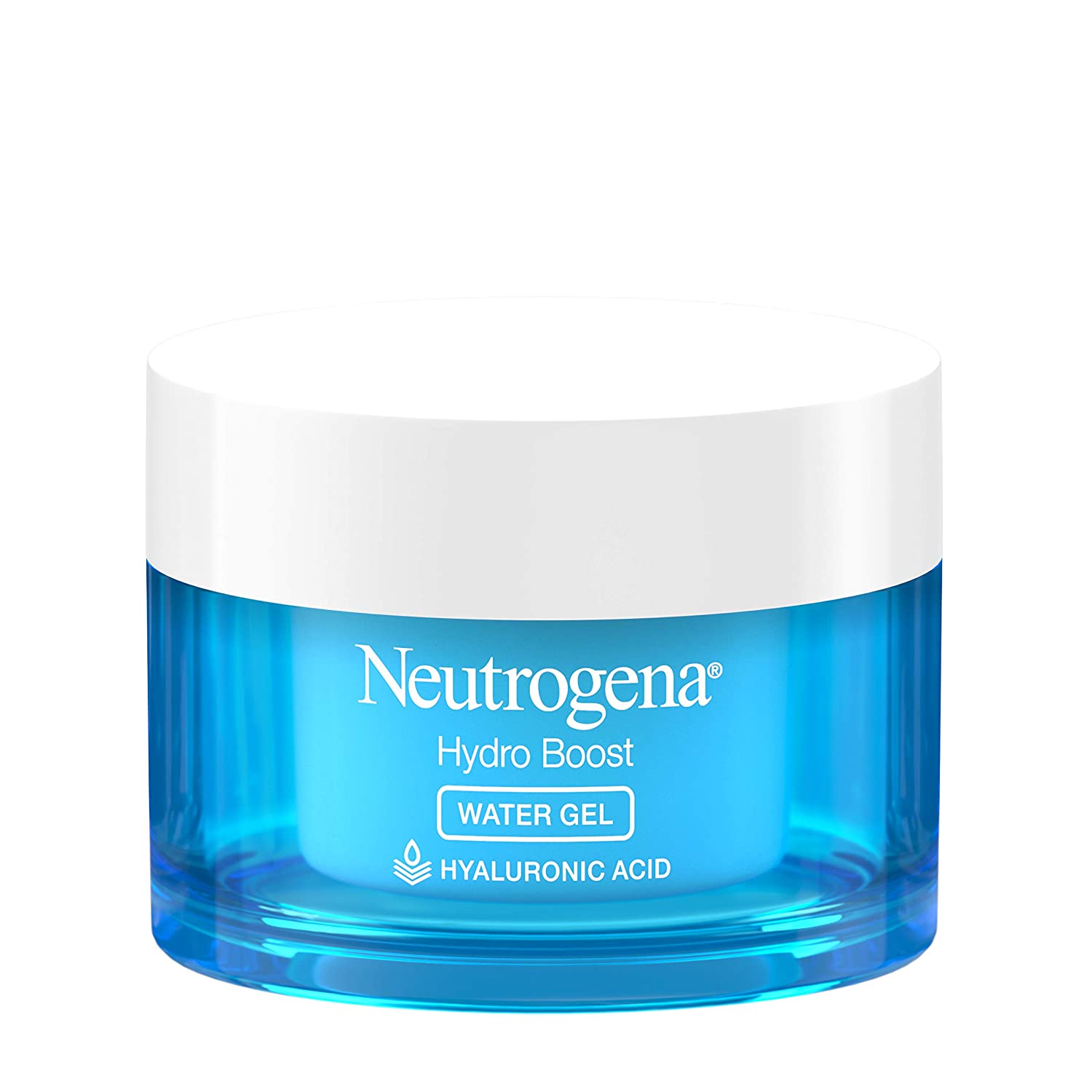
Both Penzi and Garshick also back this water-gel cream from Neutrogena for those who have oilier skin.
"This lightweight water gel-cream is a great moisturizer that can be used daily, combining the benefits of a gel as it absorbs easily and a cream as it maintains long-lasting hydration. It contains hyaluronic acid to help hydrate and lock in moisture, keeping the skin feeling moisturized." — Garshick
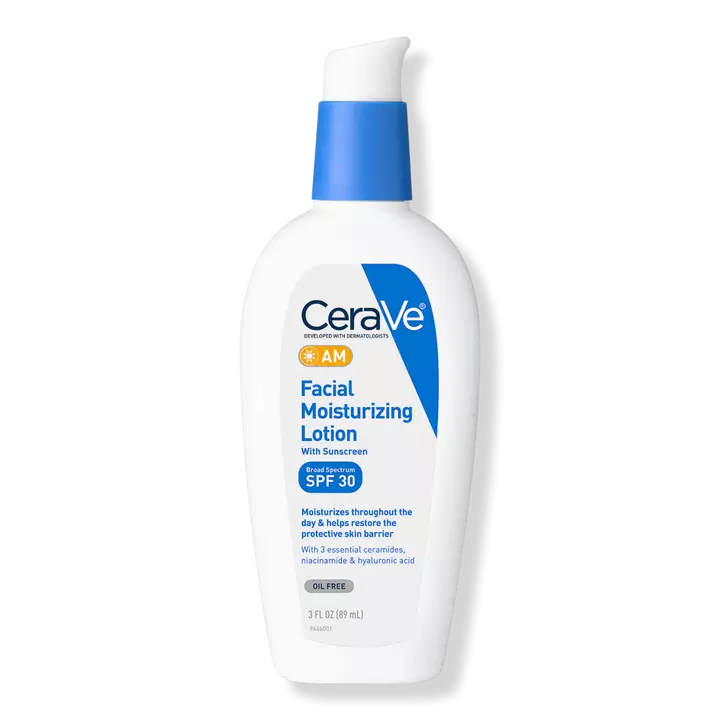
"This moisturizer contains ceramides and hyaluronic acid to help support the skin barrier and draw moisture in. It is lightweight, so it won’t leave the skin feeling greasy and as a bonus it contains SPF." — Garshick
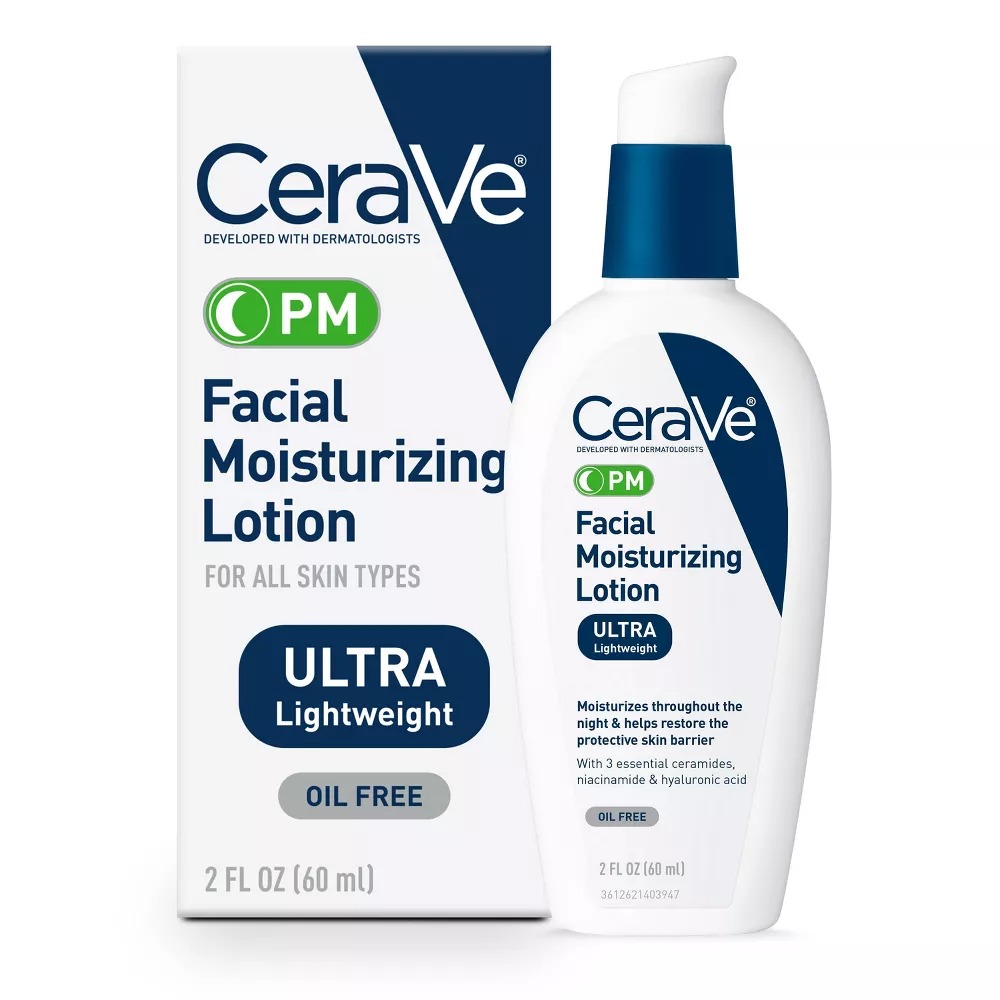
Penzi loves the PM version of CeraVe's light moisturizer for oily skin because it helps to repair the skin barrier overnight but is also noncomedogenic, fragrance-free, and hypoallergenic.
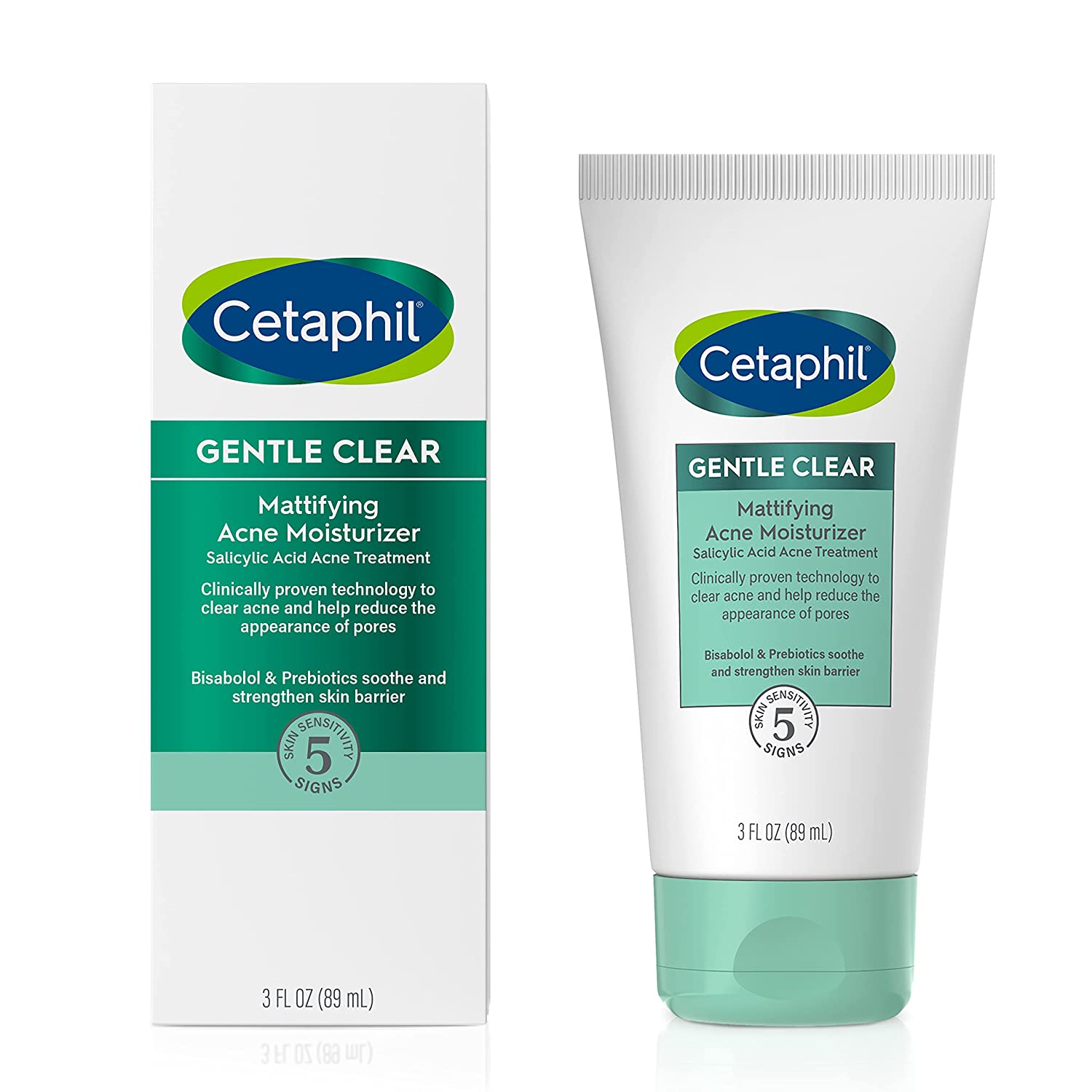
"This is especially great for those who have oily skin or those who are acne-prone. This moisturizer won’t leave the skin looking or feeling greasy. This lightweight gel cream helps hydrate the skin as well as helps breakouts as it contains 0.5% salicylic acid. Additionally, it is soothing on the skin and leaves the skin with a natural matte finish." — Garshick
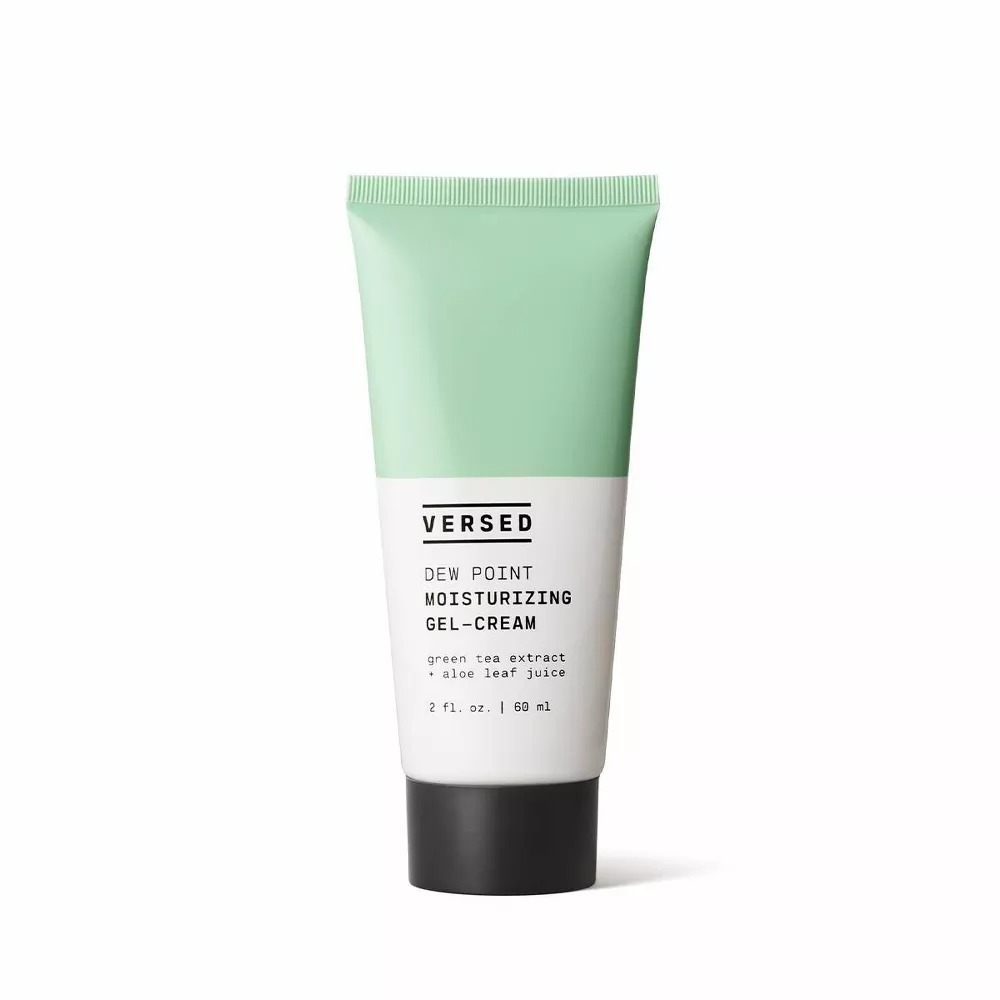
"This lightweight moisturizing cream absorbs quickly and won't leave the skin feeling greasy. It contains sodium hyaluronate and aloe vera to help hydrate and soothe the skin. It can be used one to two times per day and won’t clog the pores." — Garshick
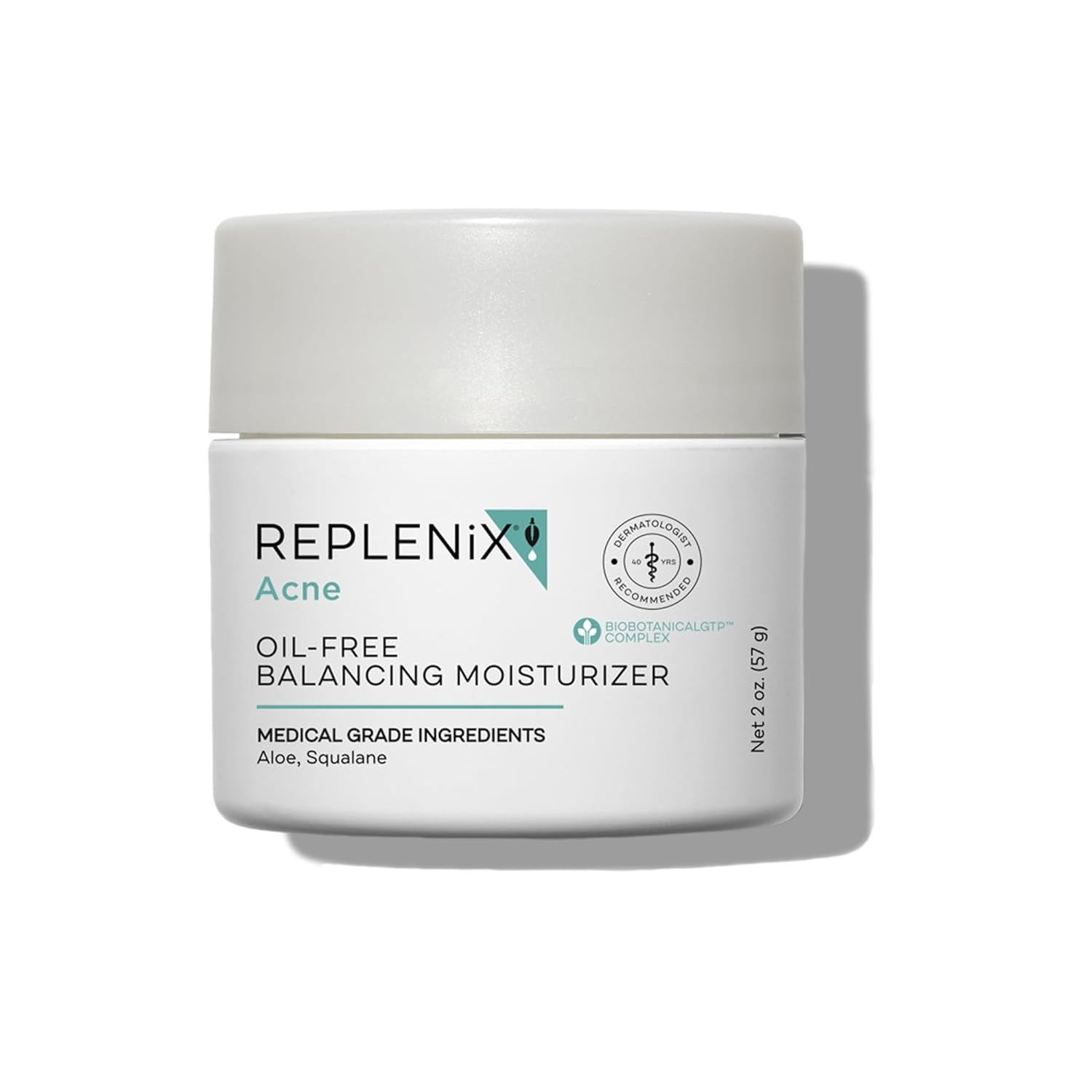
"This oil-free moisturizer works to calm redness and restore moisture using aloe vera and squalane. It leaves the skin softer and smoother without clogging the pores." — Garshick
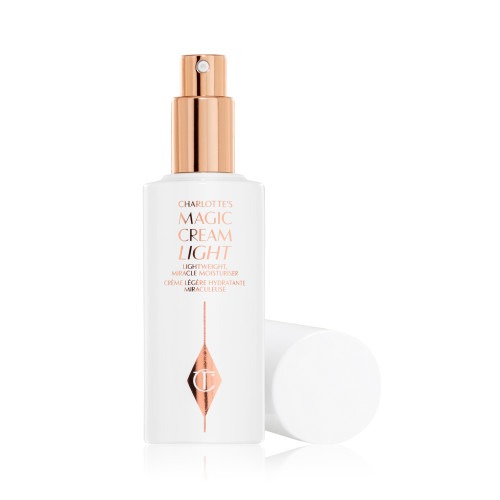
"As a lightweight moisturizer, this cream improves skin's radiance while also offering some protection against UVA/UVB, blue light, and pollution. It is lightweight and absorbs easily, making it a great option for someone with oily skin." — Garshick
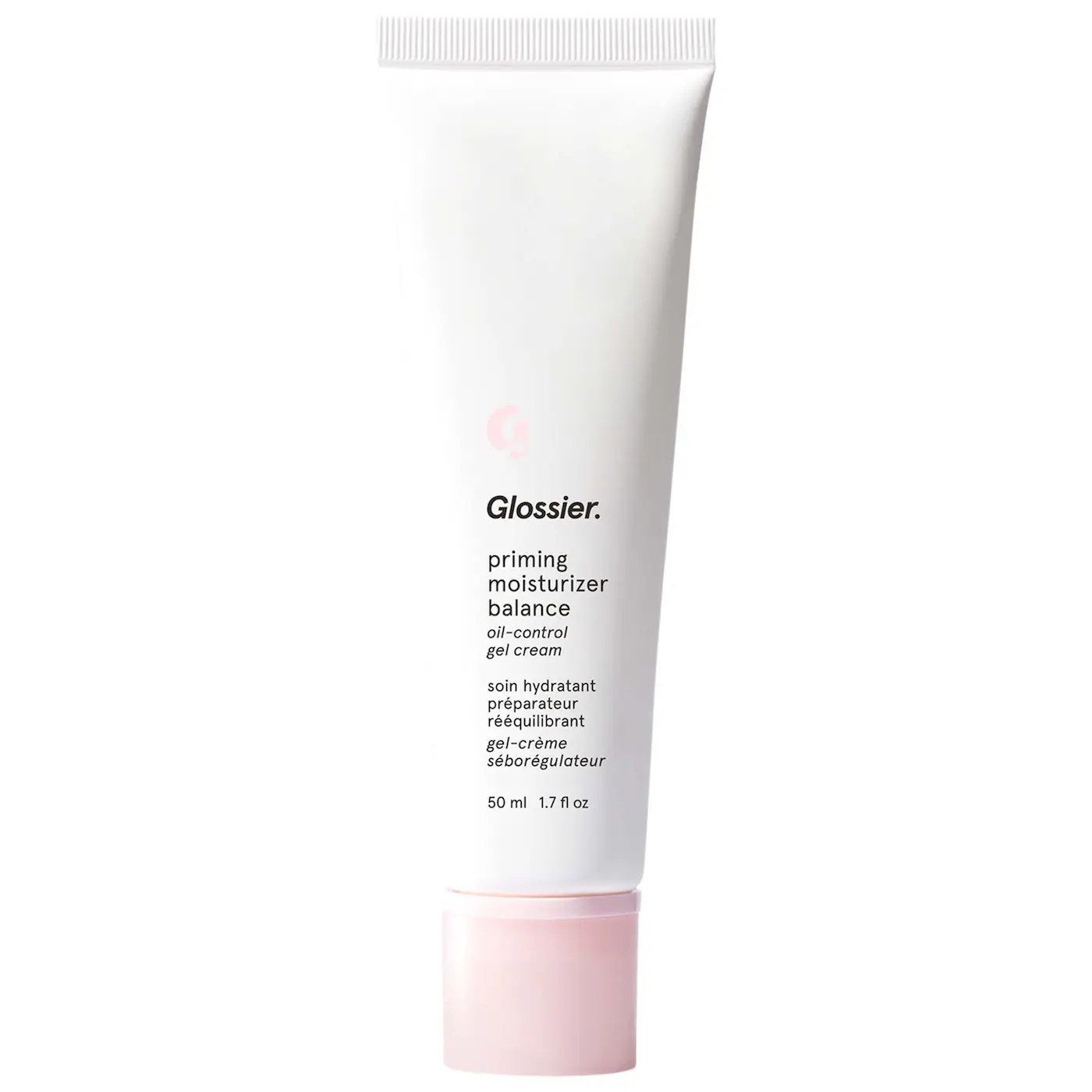
Glossier's gel-cream moisturizer is great for makeup wearers since it can also act as a primer. It helps mattify the skin and minimize pores but also hydrates with ingredients like glycerin and willow bark extract.
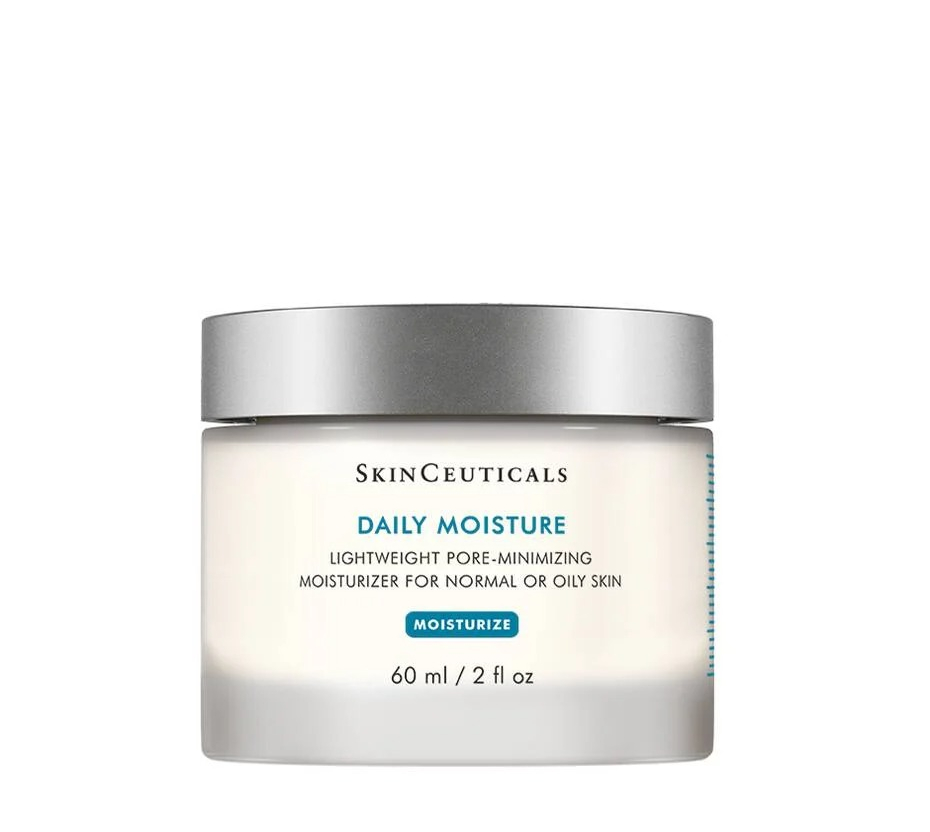
This SkinCeuticals moisturizer is great for normal to oily skin types because it provides long-lasting hydration without feeling greasy or heavy. Vitamin E in the formula along with a blend of seven botanical extracts protect the skin and help reduce the size of pores.
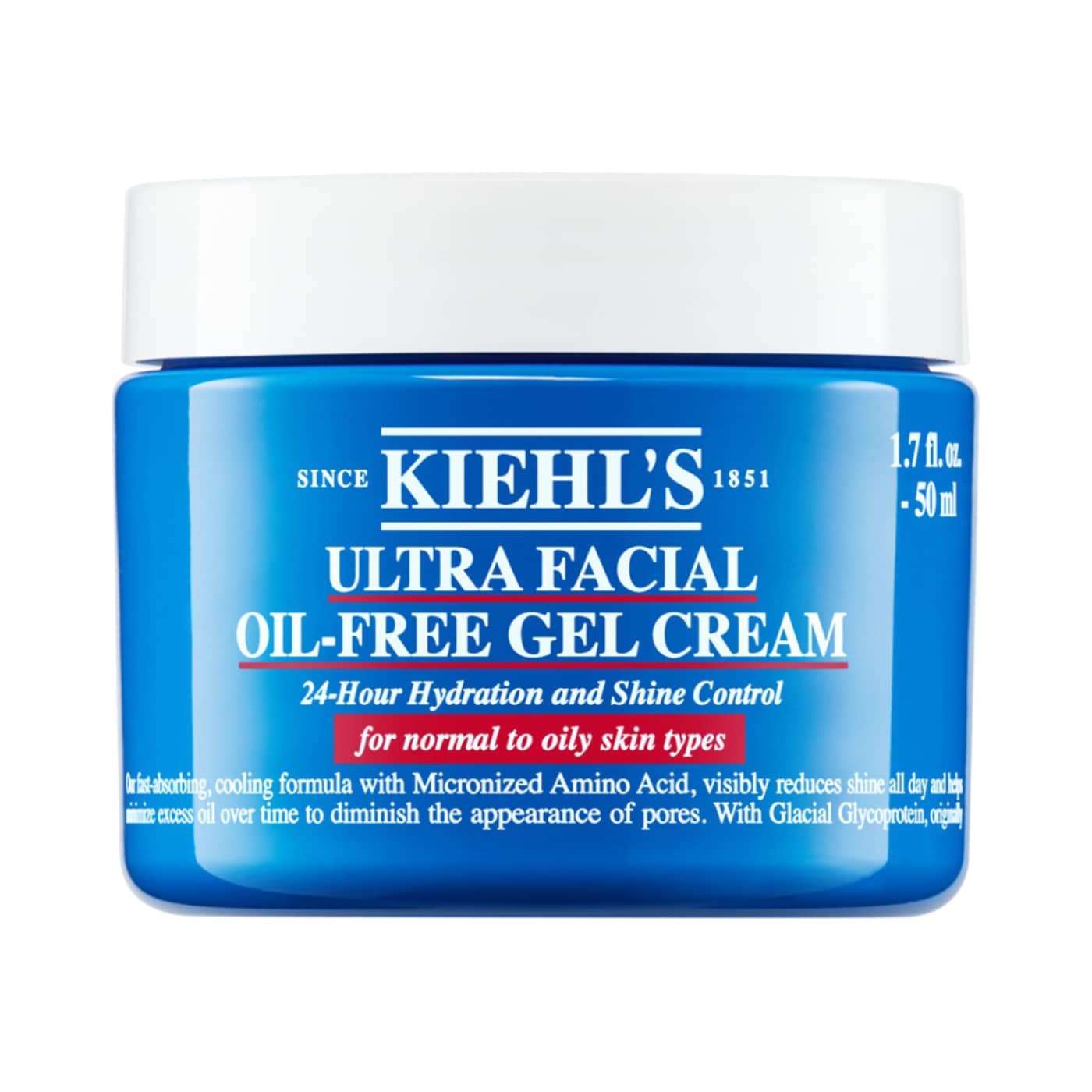
Kiehl's offers this shine-fighting moisturizer that has a cooling gel-like texture. It includes glacial glycoprotein, which intensely hydrates the skin, and micronized amino acids to reduce the appearance of oil on the surface of the skin.
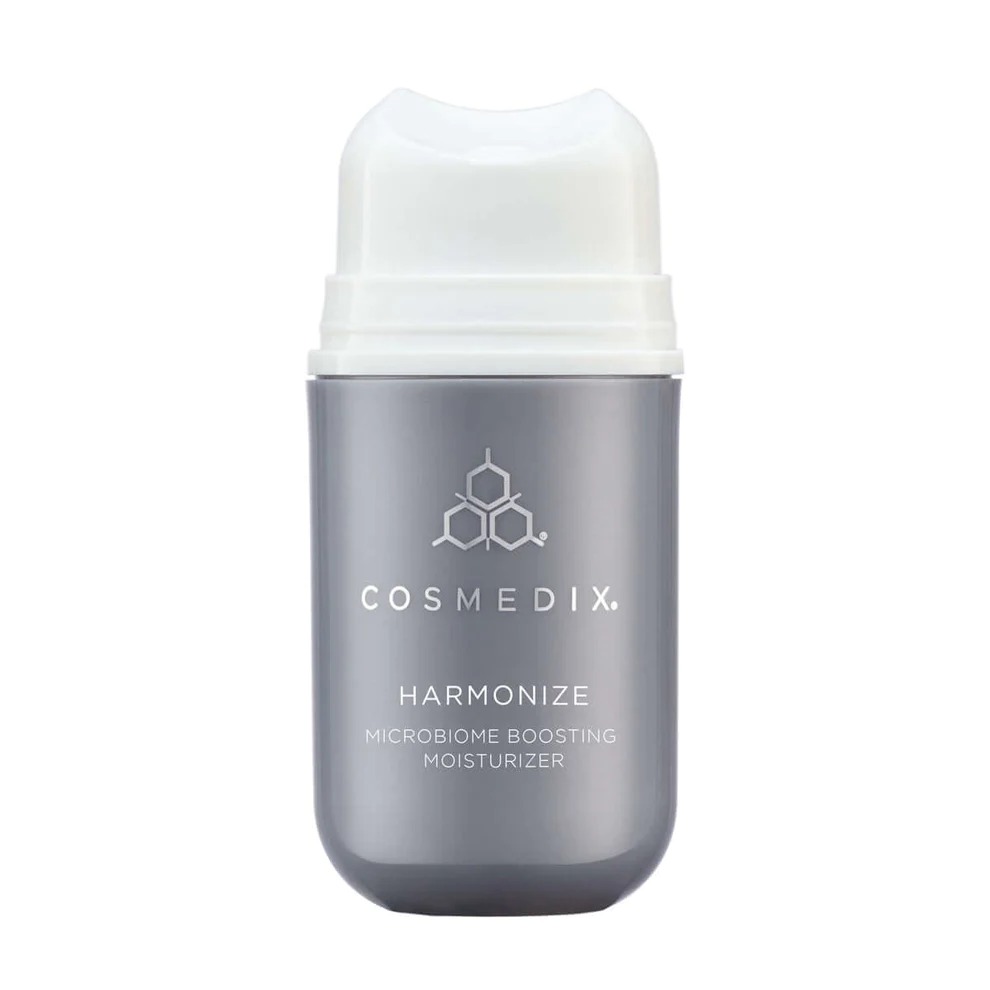
This is my favorite moisturizer for oily and acne-prone skin. I use this daily, and it has worked wonders for my complexion. Not only does it provide lightweight hydration, but it also helps to balance the skin microbiome and decrease breakout activity on the skin.
This article was originally published at an earlier date and has since been updated.
Shawna Hudson is a beauty, wellness, lifestyle, and travel writer with over 10 years of experience. She graduated from California State University, Fullerton, with a degree in journalism and has written for other publications such as Bustle, The Zoe Report, Byrdie, Elite Daily, and more. She is currently a beauty writer at Who What Wear and hopes to continue feeding her (completely out-of-control) beauty obsession as long as she can. Stay up to date on her latest finds on Instagram @shawnasimonee.
-
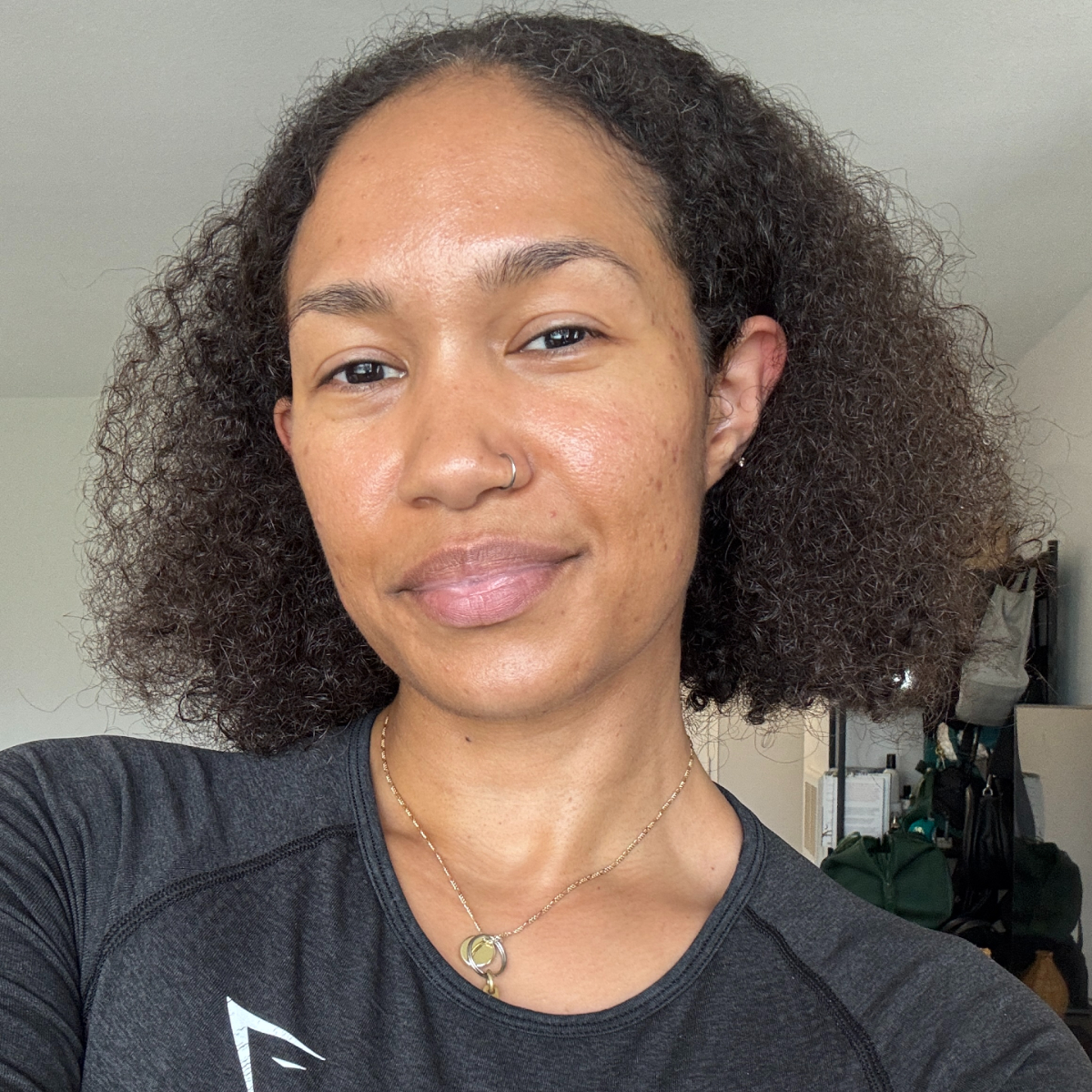 Aestheticians on Instagram Can't Stop Raving About This Acne-Clearing Serum, so I Tried It
Aestheticians on Instagram Can't Stop Raving About This Acne-Clearing Serum, so I Tried ItIt's perfect for sensitive skin.
By Shawna Hudson
-
 Lili Reinhart Knows You're Sick of Celeb Beauty Brands—Here's Why She Wants You to Trust Hers
Lili Reinhart Knows You're Sick of Celeb Beauty Brands—Here's Why She Wants You to Trust HersEspecially if you have acne.
By Kaitlyn McLintock
-
 Derms Say Tretinoin Can Do More Harm Than Good If You Don't Know These 4 Things
Derms Say Tretinoin Can Do More Harm Than Good If You Don't Know These 4 ThingsRead this before you use it.
By Kaitlyn McLintock
-
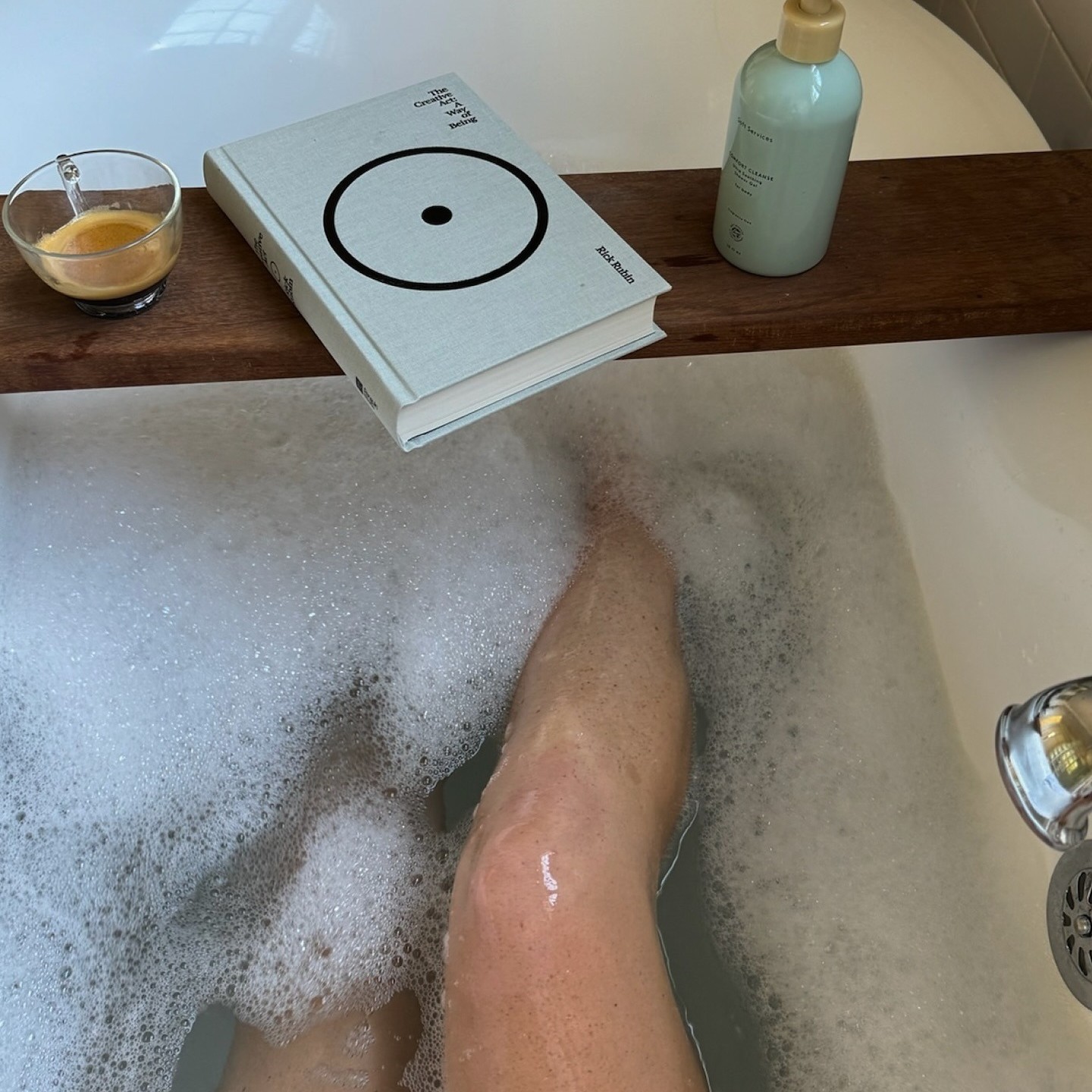 Soft Services' New Buffing Bar Smells Like Every Editor's Favorite Fig Perfume
Soft Services' New Buffing Bar Smells Like Every Editor's Favorite Fig PerfumeSo dreamy.
By Jamie Schneider
-
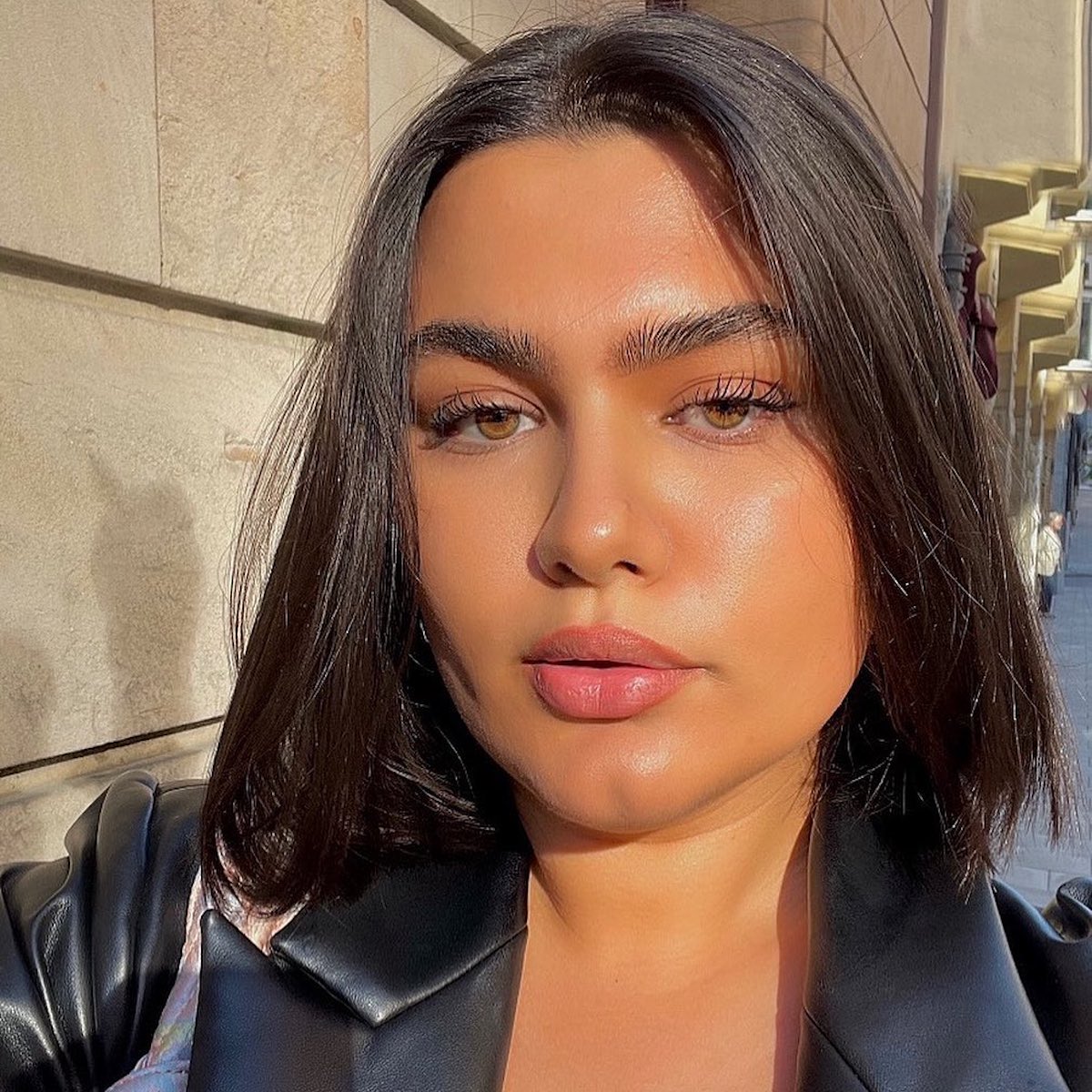 Derms Love This Do-It-All Ingredient to Minimize Redness, Dark Spots, and Large Pores
Derms Love This Do-It-All Ingredient to Minimize Redness, Dark Spots, and Large PoresIt even targets acne.
By Kaitlyn McLintock
-
 My Aesthetician Just Told Me I've Been Doing These 3 Things Wrong for My Acne
My Aesthetician Just Told Me I've Been Doing These 3 Things Wrong for My AcneMajor face-palm moment.
By Shawna Hudson
-
 These Light Therapy Devices Are Like At-Home Cortisone Shots for Acne
These Light Therapy Devices Are Like At-Home Cortisone Shots for AcneSign me up.
By Katie Berohn
-
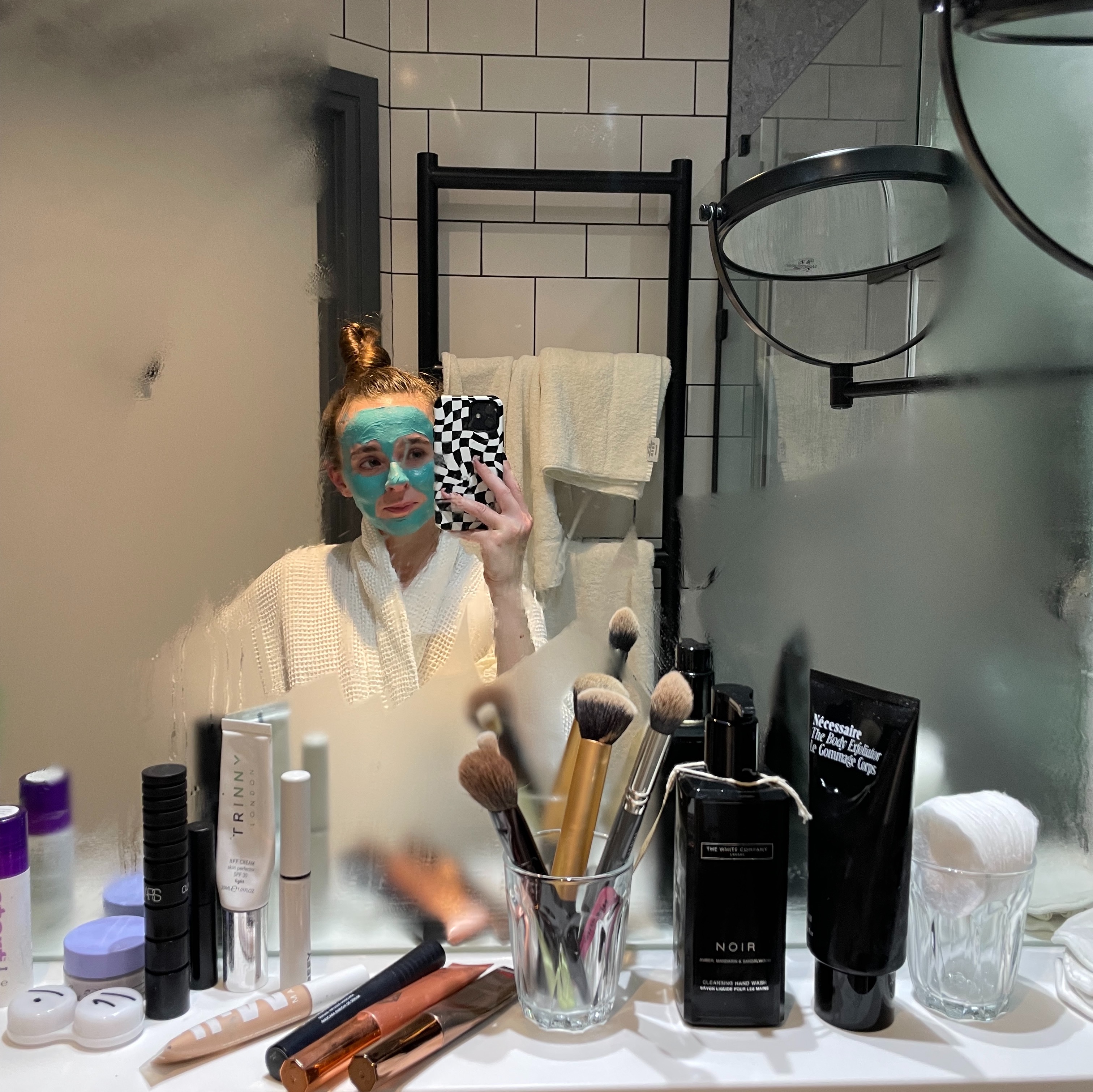 I'm an Esthetician and These Are My Most-Recommended Skincare Products
I'm an Esthetician and These Are My Most-Recommended Skincare ProductsYour skincare shopping list.
By Grace Day

